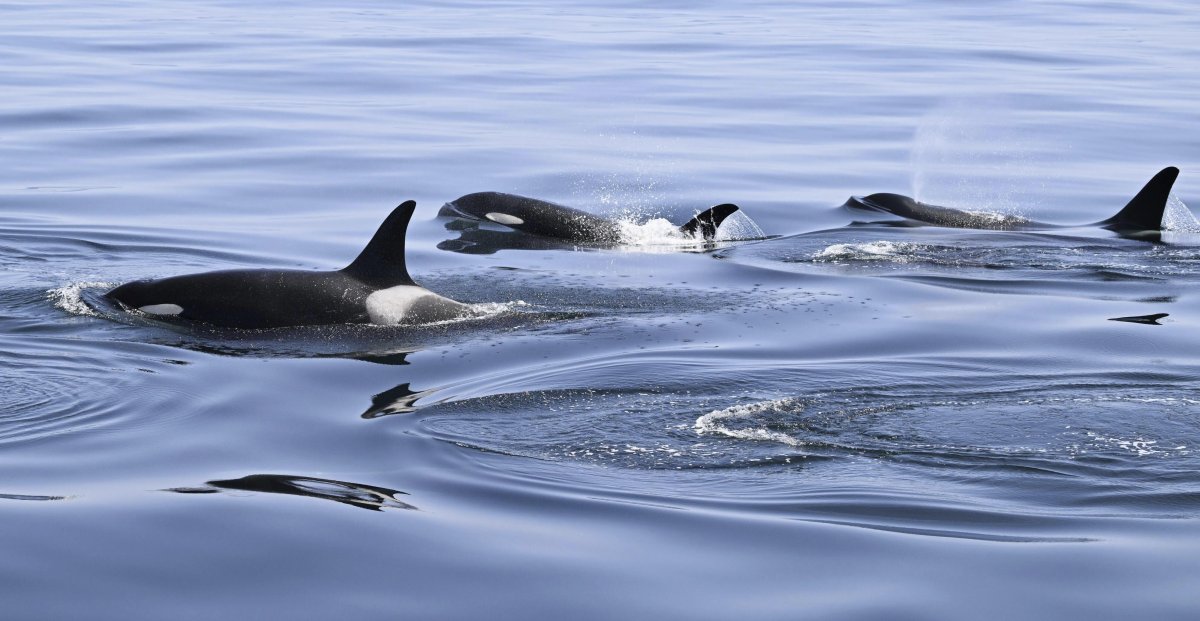Login to Continue Learning
Two French sailors were rescued off the coast of northern Spain after their boat was rammed by orcas. The Spanish coastguard safely brought them to shore after the killer whales attacked the rudder of their vessel, approximately two miles from Deba near Bilbao.
In 2023, a pod of orcas made headlines for repeatedly attacking boats off the Strait of Gibraltar at Spain’s southern tip.
### Why It Matters
Rescuers stated that such attacks are uncommon in the Basque region, close to France. This event has raised questions about whether it is an isolated incident or the start of more attacks. The recurrence of these encounters is prompting discussions on animal behavior, boating risks, and future human-orca interactions as the ocean environment rapidly changes.
On July 21, two French sailors were rescued off Deba, in Spain’s Basque Country, after their 10-meter yacht lost steering following an encounter with two killer whales. The Spanish maritime safety agency Salvamento Marítimo reported that the sailors issued a distress call when their rudder was broken but did not take on water. A rescue vessel towed them safely to Getaria.
Researchers and sailors have noted a pattern of orcas approaching from behind, targeting boat rudders. If the vessel is immobilized, the whales often lose interest. British wildlife conservation professor Volker Deecke warned British sailors to be cautious in “orca alley” of the Strait of Gibraltar: “For some unknown reason, killer whales have developed a penchant for breaking sailboat rudders and then leaving.”
Orcas have been causing problems for years around the Iberian coast but these attacks intensified and spread from 2020. Data shows that attacks peaked in 2022 and made headlines in 2023.
### What People Are Saying
Captain Dan Kriz, who has been ambushed at least twice by the same pod of orcas, previously told Newsweek: “They are very powerful and smart … First time, we could hear them communicating under the boat. This time, they were quiet but destroyed both rudders quickly.”
Biologist Alfredo López Fernandez from the University of Aveiro in Portugal stated: “The orcas are doing this on purpose. We don’t know the origin or motivation, but defensive behavior based on trauma gains more strength for us every day.”
### What Happens Next
Spanish authorities continue to monitor incidents and issue advisories during peak activity periods from May to August. They advocate boaters’ compliance with best-practice guidelines to avoid escalating confrontations.
Scientists remain divided on the causes behind this pattern, proposing theories ranging from learned behavior due to trauma, playful social learning, or even practice for hunting. Both researchers and conservationists emphasize protecting the endangered orca subpopulation while safeguarding sailors. Increased surveillance, further study, and public education campaigns are anticipated as both communities seek sustainable coexistence.

File photo of killer whales, taken off Rausu, Hokkaido, northern Japan, on June 13, 2025. AP
Newsweek has contacted the Spanish coastguard for comment.
📚 Reading Comprehension Quiz
In which region did two French sailors get rescued after their boat was rammed by orcas?
Please login or register to take the quiz and earn points!



















